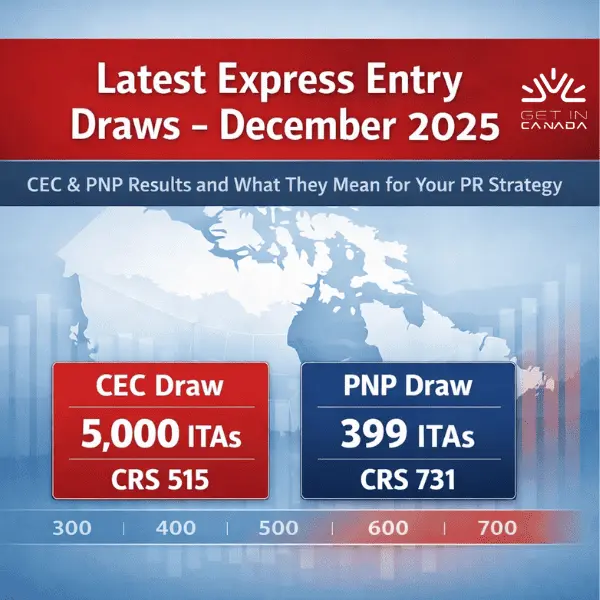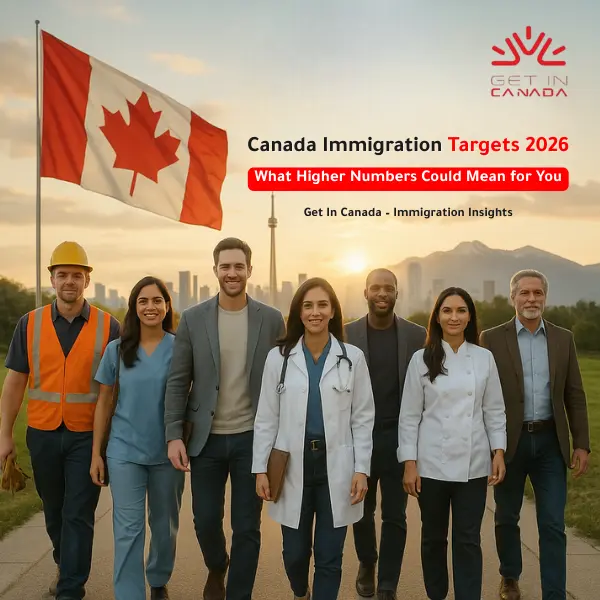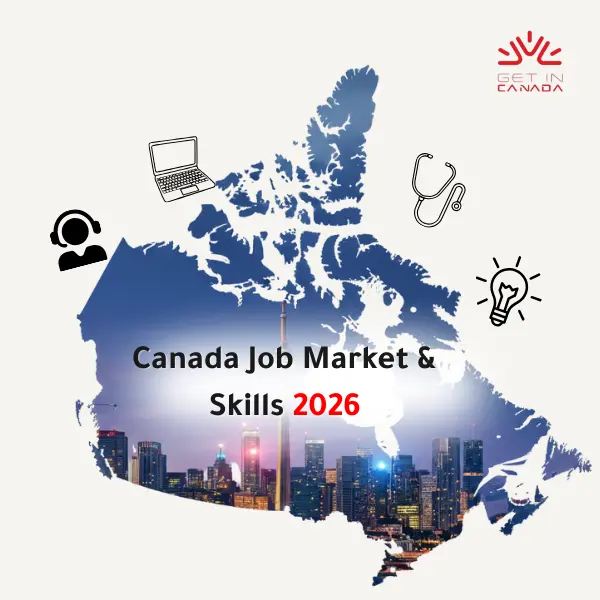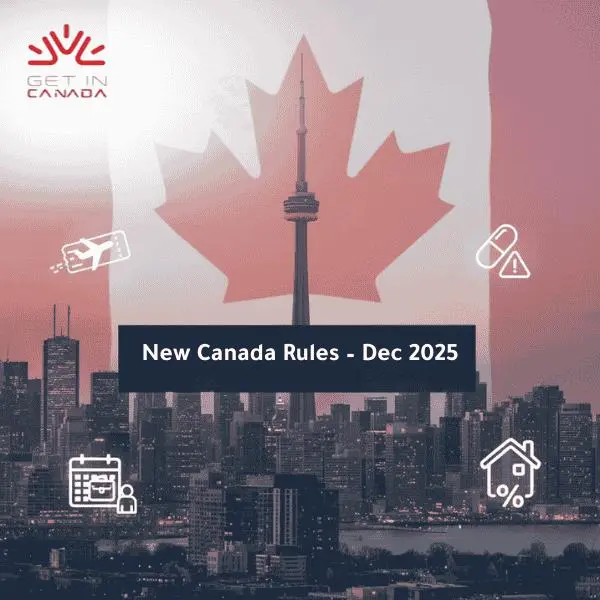Study in Canada with the Francophone Minority Communities Student Pilot (FMCSP)
Are you a French-speaking student dreaming of an exciting international education in Canada? The Francophone Minority Communities Student Pilot (FMCSP) is your gateway to achieving this dream. By focusing on fostering vibrant Francophone communities outside Quebec, the FMCSP offers you more than just a degree—it provides opportunities for a brighter future in a thriving, supportive environment.
Here’s everything you need to know about this incredible program, why it’s an opportunity you shouldn’t miss, and how you can embark on this life-changing journey.

What is the New French PR pathway?
The Francophone Minority Communities Student Pilot is a unique initiative designed to attract French-speaking international students to Canadian regions outside of Quebec. This program aims to strengthen Francophone communities, promote cultural diversity, and support pathways for skilled immigrants to establish themselves in Canada.
Why Choose FMCSP?
Choosing the FMCSP isn’t just about education—it’s about creating a better future. Here are some of the compelling reasons why this program stands out:
1. Access to World-Class Education
Study in some of Canada’s top post-secondary institutions where French is the primary language of instruction. Programs are tailored to help students gain practical skills and knowledge, making them competitive in the global job market.
2. Pathways to Permanent Residency
The FMCSP supports students in transitioning from temporary study permits to permanent residency after graduation. This means that after earning your degree, you’ll have the chance to build a long-term future in Canada.
3. Thriving Francophone Communities
The program connects you with vibrant Francophone communities across Canada. These communities offer cultural, social, and educational support to help you feel at home.
4. Family-Friendly Opportunities
Bring your family along! Spouses can apply for open work permits, and children can access quality education while you study.
Find out if you are eligible to get in Canada →
Who is Eligible for the FMCSP?
The program is open to students who meet the following criteria:
1. Citizenship: Applicants must be citizens of eligible Francophone countries. These include members of the Organisation internationale de la Francophonie, such as Morocco, Senegal, Côte d’Ivoire, Lebanon, and Egypt.
2. Language Proficiency: Prove your French language skills by achieving at least NCLC Level 5 on an approved test:
- Test d’évaluation de français (TEF Canada)
- Test de connaissance du français (TCF Canada)
3. Post-Secondary Program: To qualify, students must enrol in a full-time post-secondary program:
- Lasting at least two years.
- Over 50% of courses are taught in French.
- Leading to a diploma or degree.
4. Financial Readiness: Applicants must demonstrate they have sufficient funds to cover tuition, living expenses, and travel. The required amount varies by location, with urban areas requiring higher budgets than rural regions.
Difference Between TEF and TCF
Both TEF (Test d’évaluation de français) and TCF (Test de connaissance du français) are internationally recognized tests that assess French language proficiency. However, they differ in purpose, format, and structure.
Test d’évaluation de français (TEF)
- Purpose: Used for immigration to Canada, citizenship applications, and academic or professional evaluations.
- Sections: Includes listening, reading, writing, speaking, and optional vocabulary sections.
- Recognition: TEF Canada is accepted for Canadian immigration (IRCC) purposes, including Express Entry and other programs.
- Flexibility: Test-takers can choose specific modules based on their goals (e.g., immigration vs. citizenship).
Test de connaissance du français (TCF)
- Purpose: Used for academic admissions, French residency applications, and some immigration programs (including Canada’s).
- Sections: Similar to TEF but focuses on general linguistic proficiency across listening, reading, speaking, and writing.
- Recognition: TCF Canada is tailored for Canadian immigration purposes and accepted by IRCC.
- Standardized Format: Test-takers complete all modules without the option to select individual sections.
Key Differences
Both tests assess the same four skills (speaking, listening, reading, and writing). They are recognized by Canadian immigration authorities, making either a valid option for demonstrating French proficiency for programs like the FMCSP.
|
Aspect |
TEF |
TCF |
|---|---|---|
|
Purpose |
Broader (academic, immigration) |
More focused (language assessment) |
|
Module Selection |
Flexible |
Standardized |
|
Recognition |
Accepted by IRCC |
Accepted by IRCC |
|
Adaptability |
Modules can align with needs |
Fixed format |
Find out if you are eligible to get in Canada →
How to Apply for the FMCSP
Ready to get started? Here’s a step-by-step guide to applying:
1. Check Eligibility: Ensure you meet the program’s citizenship, language, financial, and academic requirements.
2. Choose a Program: Select a post-secondary program at a designated learning institution that aligns with FMCSP requirements.
3. Prepare Your Documents: Gather the necessary documents, including:
- A Letter of Acceptance from a DLI.
- Proof of financial support.
- Language test results (TEF or TCF).
- Any required medical or police certificates.
4. Submit Your Application: Complete the application process and await approval. Once accepted, you’ll receive a Letter of Introduction and an eTA or visitor visa to enter Canada.
The FMCSP is more than a study program—it’s a transformative experience that combines quality education, personal growth, and career opportunities. Whether you’re looking to enhance your skills, build a future in Canada, or immerse yourself in a vibrant Francophone community, this program has everything you need.
FAQ’s
Most FAQs about Francophone Minority Communities Student Pilot

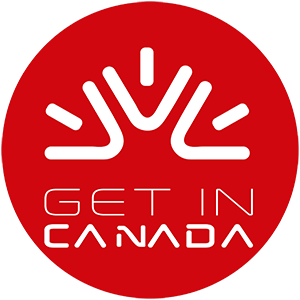
Your First Step to
Get In Canada







